Women’s Parliamentary Caucus Hosts Roundtable on Gender Responsive Budgeting for FY2025–26. The Women’s Parliamentary Caucus (WPC), under the leadership of Dr. Shahida Rehmani, Secretary, Women’s Parliamentary Caucus, in collaboration with Friedrich-Ebert Stiftung (FES), organized a Roundtable on “Federal Budget FY2025-26: Gender Responsive Budgeting for Women’s Empowerment in Pakistan.” Dr. Shahida Rehmani opened the session by emphasizing that budgets reflect national priorities and must address the needs of women and girls. She clarified that Gender-Responsive Budgeting (GRB) is not about creating separate budgets for women but ensuring inclusive and equitable resource allocation. Dr. Shahida Rehmani highlighted WPC’s commitment to closing gaps in education, health, political participation, and care infrastructure. She underscored the importance of reviewing gender-relevant data and proposing actionable, gender-responsive alternatives to inform the ongoing budget debate. She called for sustained cross-sector collaboration and urged Parliamentarians to view GRB as a national imperative, stating, “Let’s make the 2025–26 Budget a tool for empowerment.” The event saw wide participation from Members of Parliament and civil society, including: State Minister Mr. Aqeel Malik; Parliamentary Secretary Mr. Danyal Chaudhary; Convenor Parliamentary Taskforce on SDGs Ms. Shaista Pervaiz Malik; Members of the National Assembly Ms. Samina Khalid Ghurki, Ms. Nafisa Shah, Ms. Zeb Jaffar, Ms. Shahida Begum, Ms. Zahra Wadood Fatemi, Syeda Shehla Raza, Ms. Muneeba Iqbal, Ms. Sharmila Sahiba Faruqui Hashaam, Ms. Farrukh Khan (virtually), Ms. Rana Ansar (Virtually), and Dr. Shazia Sobia Aslam Soomro (virtually); Senator Fawzia Arshad; former MNA and Convenor of the Parliamentary Caucus on Child Rights Ms. Mehnaz Akbar Aziz; and representatives from civil society organizations.
In her welcome address, Dr. Shahida Rehmani briefed participants on the WPC’s ongoing work to advance GRB in Parliament. She emphasized aligning financial planning with Pakistan’s international commitments on women’s rights and called for inclusive policies that ensure women’s representation across all sectors. She praised the Benazir Income Support Programme (BISP) as a model of gender-responsive budgeting and called on Parliamentarians to expand such programs to advance women’s economic empowerment. State Minister Barrister Aqeel Malik expressed his gratitude to Dr. Shahida Rehmani for organizing the roundtable and commended Dr. Nafisa Shah for her tireless leadership of the Gender Mainstreaming Committee. He praised Prime Minister Shehbaz Sharif’s gender-responsive policies and recognized the role of various commissions in addressing the gender gap. He reaffirmed his commitment to supporting equitable development fund allocations for women MNAs and welcomed the increased budget allocation to BISP as a positive step toward empowering women. Ms. Rashida Dohad, Program Director at the Omar Asghar Khan Foundation, presented key recommendations for gender-responsive budgeting. These included ensuring social protection reaches vulnerable populations; supporting nutrition-sensitive interventions; addressing intersecting discrimination against women and girls from minority groups; and ensuring transparency through data disaggregated by sex, age, disability, ethnicity, religion, and location. Senator Fawzia Arshad raised alarm over the rise in spam and fraudulent messages targeting women under the guise of BISP. She urged swift action by the authorities to curb this exploitation and protect beneficiaries. Ms. Shahida Begum, MNA, expressed concern over increased taxes on essential and fortified foods, noting their impact on nutrition for vulnerable communities. She criticized the reduction in budget allocations for key sectors like education and health, urging the government to revisit its priorities for a more inclusive and welfare-oriented budget. Ms. Samina Khalid Ghurki, MNA highlighted the immense potential of Pakistan’s agricultural sector and underscored the importance of aligning policy initiatives with on-ground realities. She appreciated efforts such as farmer training programs in China, while emphasizing the need for government to resume the practice of procurement of locally harvested crops. She advocated for more responsive, farmer-centric policies that not only enhance skill development but also guarantee equitable market access within the country—ensuring that farmers fully benefit from both national and international initiatives.
Ms. Farukh Khan, MNA, called for increased support for working women, especially single mothers. She stressed the need for accessible daycare centers and the enforcement of reserved quotas for women in the private sector to ensure inclusive economic participation. Syeda Shehla Raza, MNA, emphasized the equitable distribution of funds across public educational institutions and expressed concern over declining allocations for health, education, and climate change. Ms. Rana Ansar, MNA, highlighted the adverse impact of proposed taxes on essential items like formula milk and solar panels. She called for tax relief for entrepreneurs and remote workers and emphasized enforcing gender-based violence laws. Dr. Shazia Sobia Aslam Soomro, MNA, stressed the need to assess hospitals’ financial needs before budget allocation to ensure targeted and effective funding. She also praised Dr. Shahida Rehmani for fostering collaboration between Parliamentarians, experts, and civil society to ensure inclusive budget planning. Ms. Shaista Pervaiz Malik, MNA and Convenor of the Parliamentary Taskforce on SDGs, called for greater coordination between federal and provincial governments, especially in devolved sectors like health, education, sports, and nutrition. She stressed collaborative priority-setting to optimize budget efficiency. Dr. Nafisa Shah applauded the Women’s Parliamentary Caucus, Friedrich-Ebert-Stiftung, Ms. Rashida Dohad, and civil society members for their engagement. She noted the significance of inclusive forums like this roundtable in strengthening gender-responsive budgeting. Highlighting a key development, she mentioned that the Finance Committee is, for the first time, reviewing the Finance Bill and encouraged submission of concrete recommendations. She expressed concern over flawed gender data, particularly the inverse sex ratio, and called for the formation of a Cabinet Committee on Gender Mainstreaming to institutionalize gender-focused policy across all sectors.
Ms. Mehnaz Akber Aziz, Former MNA, raised concerns over the persistent gender gap in Pakistan and appealed to male Parliamentarians for their support in advancing gender equality. She stressed the need for better data collection and the development of indicators to support effective policymaking. During the open floor discussion, participants made several additional recommendations for the Federal Budget 2025–26. These included to ensure provision of pensions to elderly citizens and retired private sector employees; taxation on sugary and unhealthy foods paired with incentives for healthy options; collective climate change adaptation strategies to protect citizens and infrastructure; and the declaration of a health emergency to address the escalating health crisis affecting citizens physically and financially.
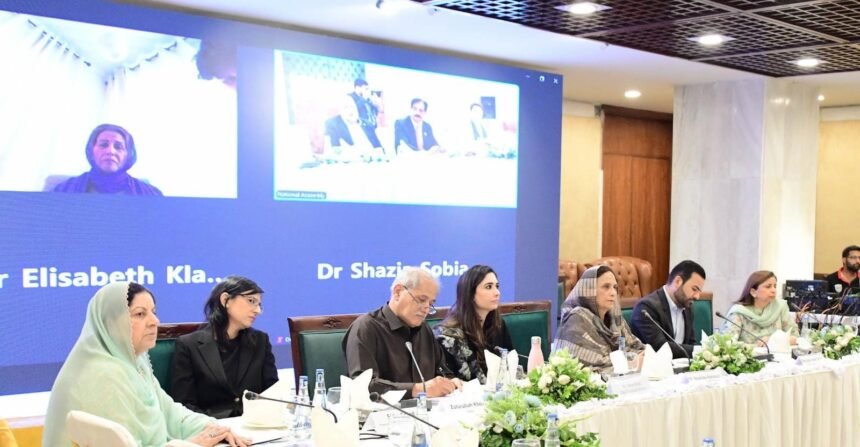
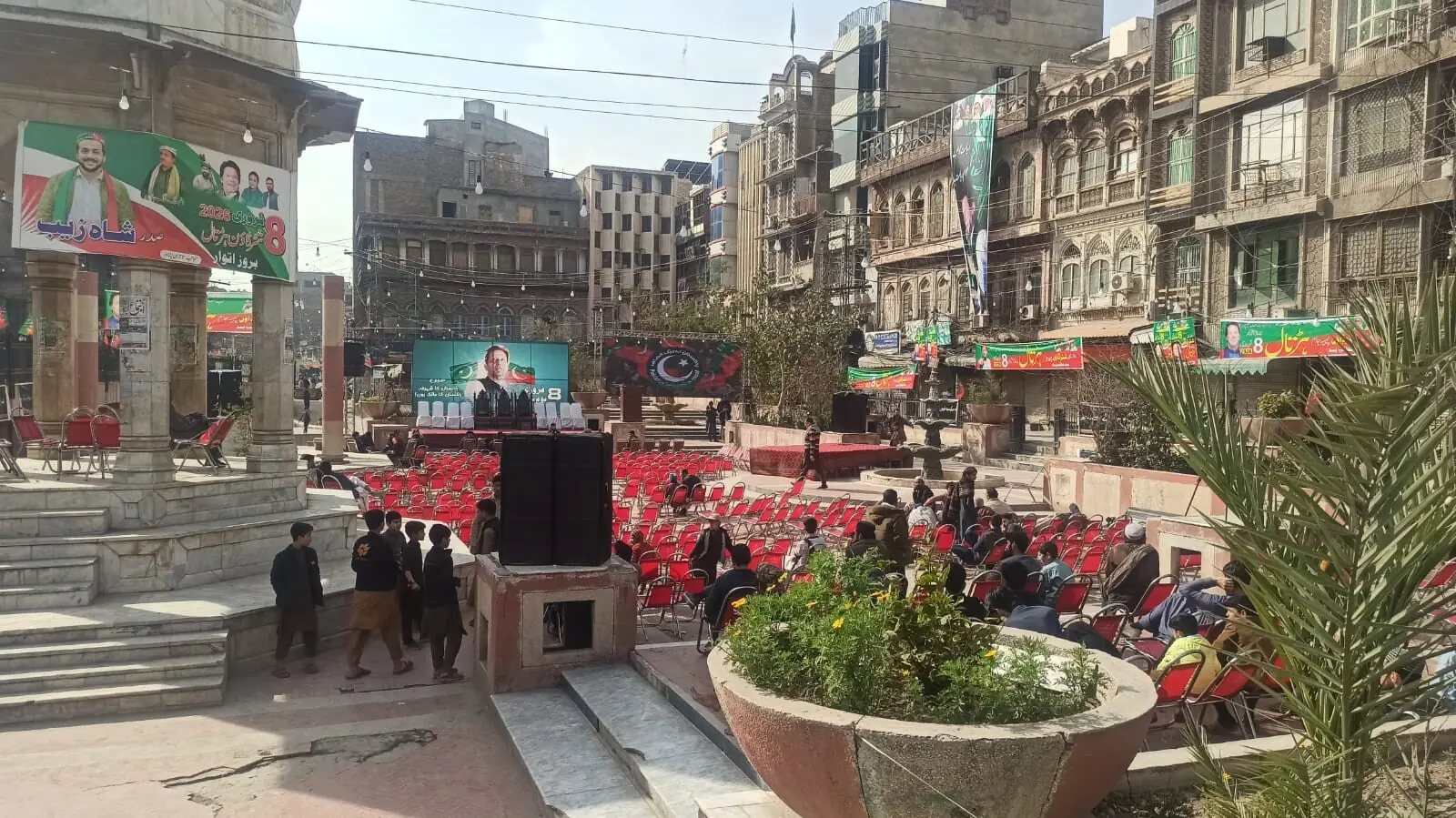
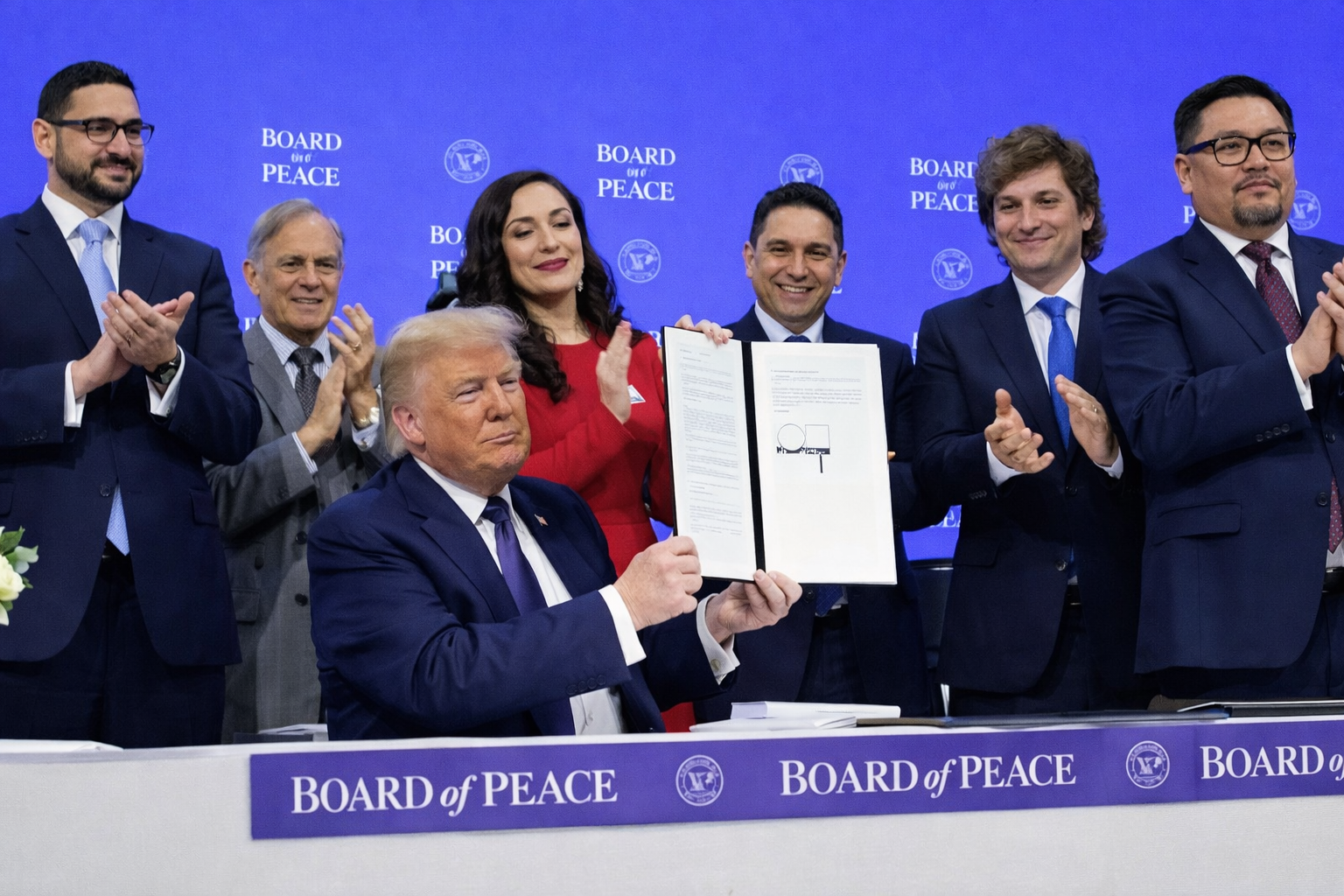


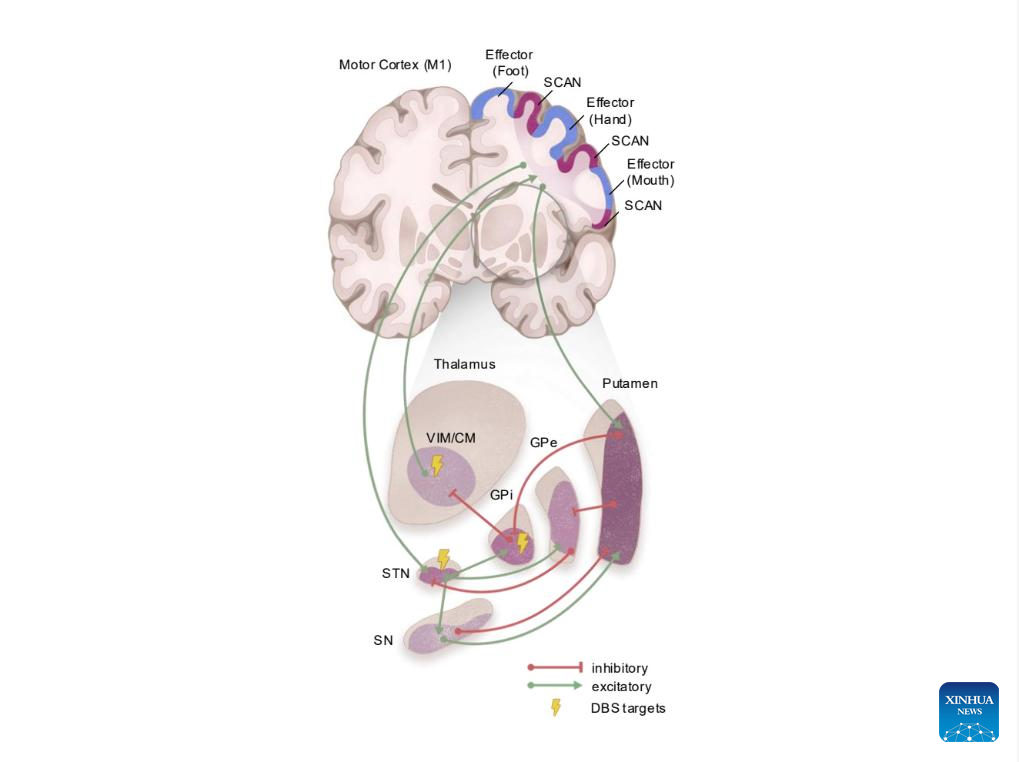
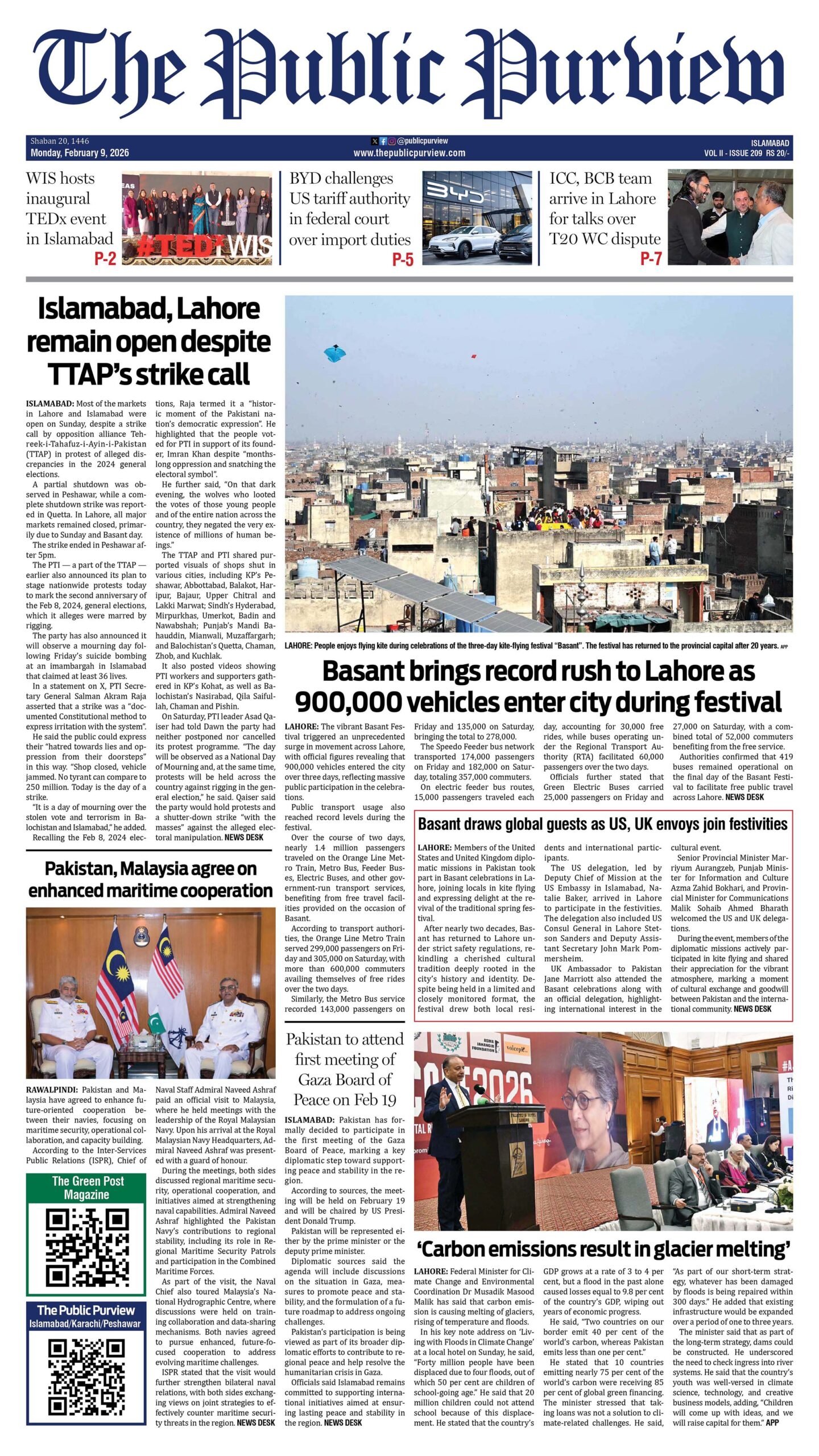 Today's E-Paper
Today's E-Paper